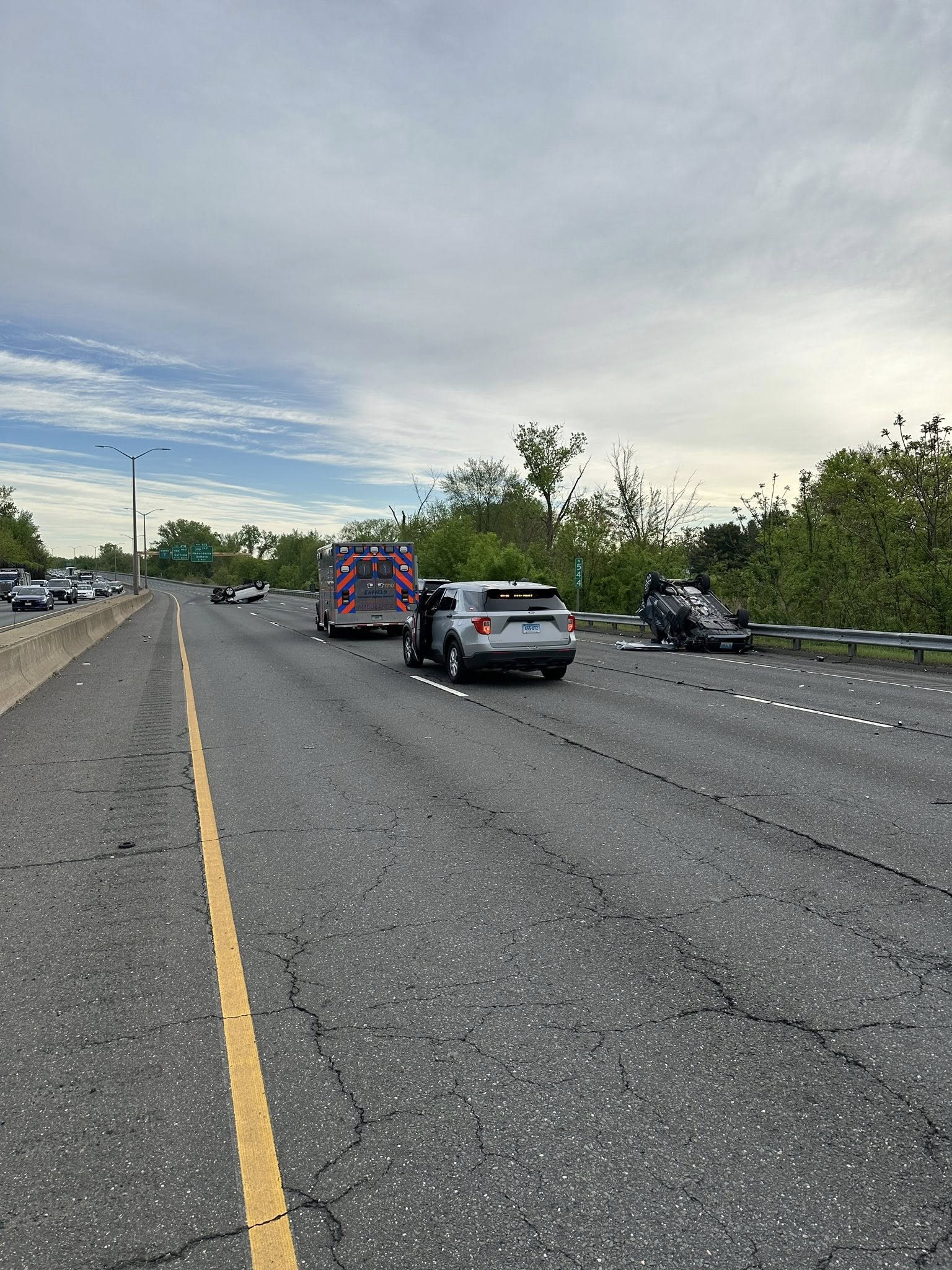According to a Pew Research Center Survey, 16 percent of adults track their children’s location, and most teens resent their parents for doing so.
Many parents are using GPS apps on their children’s cell phones to track their location. But experts warn parents that the technology is far from foolproof, and it’s not difficult for teens to fake where they are.
The practice is called GPS spoofing. Essentially, kids are hiding their location to make it seem like they’re somewhere that they’re not.
“The teens, they do a lot of stuff that they don’t tell their parents,” said Jennifer Fagalar, mother to a 15-year-old girl.
Fagalar said buying her daughter a cell phone was necessary.
“I keep an eye on her phone, her social media, friends,” she explained.
Fagalar follows her daughter’s location with a few taps on her cell phone.
“I’ll tend to have the GPS tracking on her. So, I can actually really know where she really is,” she said.
Local
Fagalar was shocked to learn that it’s as simple as downloading an app to fake your cell phone’s location. And Uriana admits she hasn’t always been honest.
“Sometimes I’m never where I’m supposed to be or I’m doing things I’m not supposed to be doing,” Uriana said.
Uriana says it’s common for teens to find creative ways to avoid detection.
According to a Pew Research Center Survey, 16 percent of adults track their children’s location, and most teens resent their parents for doing so. Teens surveyed said they go as far as disabling their cell phone location, spoofing their GPS, or leaving their phones at a friend’s house to avoid parental surveillance.
“I don’t really have a problem with it because it was better for her to know where I am than for her to be wondering where I could be,” Uriana said.
Cybersecurity expert Ibrahim Baggilli said parents checking on their teen’s location have no way of knowing whether it’s accurate.
“There are some GPS faking applications that manipulate real GPS movements. So, if you wanted to fake you going from one place to another, you can use those applications that seem very realistic,” Baggilli explained.
Baggilli warned that those GPS applications can also be misused solely by criminals to hide their location.
“But it can also be used to for us to protect our privacy. So, that companies that are gathering all this information about us don’t necessarily know where we live and they don’t necessarily know where we’re at,” he added.
For Jennifer Fagalar, just knowing the apps exist concerns her. Even though she has trust in her daughter, she doesn’t trust the technology, and said she thought such apps should have age restrictions.
“I get scared,” she said.
Her advice to parents:
“Just be there for them, no matter what the situation is. Even if they get mad, it doesn’t matter. You’re the parent,” Fagalar said.



